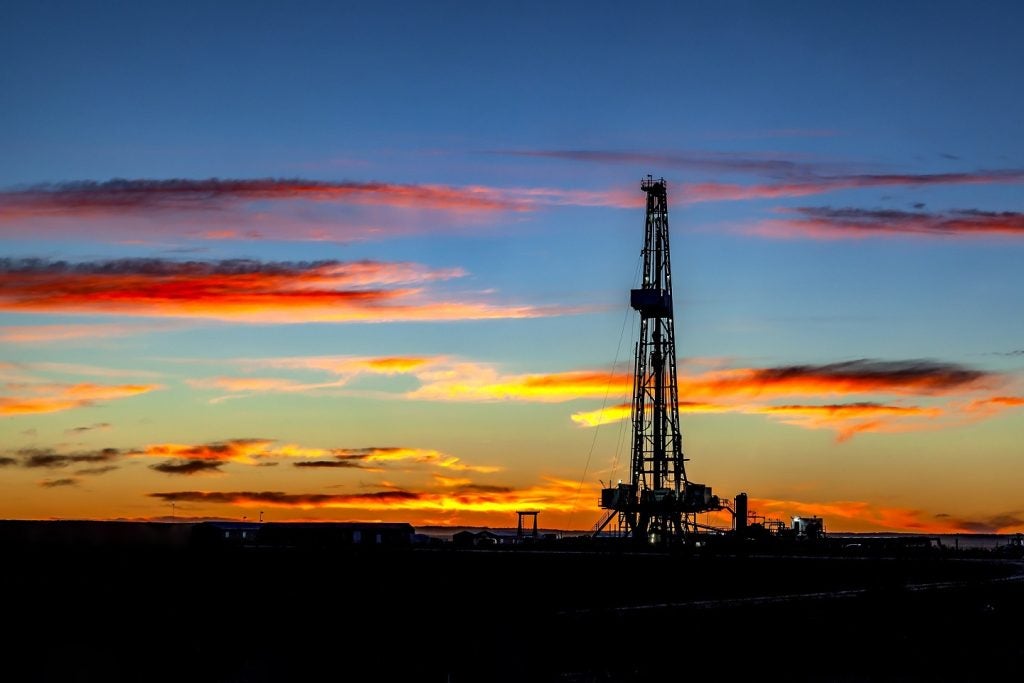Brent, the global crude oil benchmark, has reached $95 a barrel for the first time since November. This is caused by Saudi Arabia and Russia production cuts, along with rising demand from China. The price increase is the biggest quarterly jump since Russia invaded Ukraine in February 2022.
Earlier this month, Saudi Arabia extended 1.3 million barrels per day of combined cuts to the end of the year. Russia has also cut supplies. Such measures have intensified the depletion of global inventories, which the International Energy Agency called a “significant supply shortfall” and hence increased prices.
On 2 April 2023, Opec and Russia agreed to widen oil supply cuts to 3.66 million barrels per day. At the time, investment bank Goldman Sachs predicted that oil prices would reach $100 a barrel by April 2024. If prices continue to rise at the current rate, they will reach $100 a barrel this month.
Jeff Currie, former head of commodities research at Goldman Sachs, told CNBCin April: “Opec’s pricing power is higher than ever. They are going to continue to exercise that power.” According to Currie, this is caused by “underinvestment in non-Opec as well as the shale patch.”
The reopening of China, the biggest oil importer in the world, following Covid-19 has also prompted fears of vertiginous price increases. In June, China’s crude oil imports were at near record levels but have since dropped off slightly.
As a result, fuel prices have risen globally. In the UK, petrol is now £1.55 ($1.92) on average per litre, and diesel is £1.59, prompting the RAC motoring group to warn UK drivers they are “in for a hard time” refuelling their cars.
Furthermore, in South Africa, the Automobile Association (AA) said that if 95 unleaded petrol prices keep rising at the same rate, then it will cost more than R25 ($1.32) per litre on the coast and R25.74 inland. As average salaries are far lower in South Africa, such increases will be detrimental. According to the AA: “Should these significant increases materialise, they will push fuel prices to levels last seen in July last year, stretching the personal finances of South Africans even further.”
Jet fuel prices, tracked by the Energy Information Administration, rose to $3.07 a gallon at the end of August, up 50% from $2.05 in early May.









